It is the case with every Windows PC and laptop to get loaded with numerous junk files, programs, and unused applications. All this junk hampers the performance and speed of your device by showcasing the signs of hangs and lags. The main reason due to which your HP laptop becomes slow are categorized into three groups, which are:
Software issues
It includes problems like adware or malware infections, registry errors, and third-party apps and programs asking for additional system resources.
Hardware issues
Hardware issues are caused because of hard drive failure, inadequate storage space, not enough RAM, outdated CPU, etc.
Unusual Usage Behaviour
This includes launching many apps and programs at once, running heavy editing apps, playing large-size video games, and so on.
Ways to Make your HP Laptop Work Fast:
Getting to the prime cause is achievable without following a proper diagnosis. You can perform the below actions to detect the problem and fix them.
1. Uninstall Not Need Software
At times we install many software and programs that are required to be used once in a blue moon, or not needed at all. It also includes the software and apps that get installed themselves only. These software and apps occupy large RAM space on your laptop’s hard disk and take a toll on your laptop’s speed. Therefore, the best thing to do is to remove the unwanted software. The below steps will help you in deleting or uninstalling unnecessary software and apps. Step 1: Go to the Windows icon and right-click on the same. Step 2: Now, from the menu select the apps and features option.
Step 3: While you are on the apps and features panel, scroll down to go to software and programs installed on your system. Step 4: After this, click on the programs you don’t want, followed by clicking on Uninstall.
2. Limiting Startup Programs
When you install or download any app or program, they get added to the Windows startup process all by themselves, due to which they get loaded and run automatically every time you switch on your device or when Windows starts. These apps and programs not just reduce the startup speed but also impacts the running speed on your Windows 10 device. Therefore, you need to limit the number of startup programs in the following way. Step 1: Launch Task Manager by pressing Ctrl, Shift and Esc keys. Step 2: From the Task Manager, click on the Startup tab, followed by which you will be able to see all the programs that execute automatically. Step 3: Now, select the unwanted programs and then click on the Disable button to prevent auto-launching. You must select the programs that have a medium to high impact on your system’s performance and speed.
3. Disk Cleanup and Defragmentation
Many believe that disk cleanup can shoot your system’s speed. However, it is the availability of more space that helps in making your laptop run at a better speed. Insufficient disk space can hamper your laptop’s performance and when your system is low on this space it fails to launch the programs and files with the desired speed. This issue can be subsided by using Windows 10 in-built tool, Disk Cleanup which cleans the hard disk to free up some space. You can also choose to go for a third-party cleanup tool and get rid of all junk and unnecessary files or plugins.
4. Considering Startup SSD
If you have performed all the above solutions and are still experiencing the same problem, the next thing to do is to consider switching to SSD. The majority of the new laptops come equipped with SSDs, however, there is a fair chance that the laptop you bought a couple of years ago might still be using a traditional hard drive. If so, you can upgrade to SSD as the main drive to boost your system’s speed. This makes sense as your hard drive can reach the bottleneck any time or might get corrupted. Therefore, replacing your old drive with an SSD can solve the problem.
5. Spyware and Viruses
Most of the laptop and PC-related issues are rooted due to spyware and viruses, which in turn also impact the performance and speed. The spyware and viruses can cause serious damage while also crashing the system in extreme cases. To know whether your HP laptop is attacked by a virus or malware, you need to run a virus scan by using any top antivirus program. Also, never download anything from the internet if you don’t have any anti-virus installed on your laptop to prevent malicious activity and threats.
6. Add more RAM to your PC
Many laptops come with an additional RAM slot to let you add an extra RAM module. If that slot is not provided on your laptop, you can go on by removing the current RAM and add a new one with more storage capacity. Step 1: Gently remove the current RAM without touching the connectors and then place the new RAM properly into the given slot. Then, ensure that the new RAM is at 45 degrees angle by pressing it until you hear a click sound. Step 2: Now, push the RAM downwards to lock within the clips. When the new RAM is placed successfully, close the panel and laptop battery. Step 3: After this, switch on your laptop and it should be able to detect the new upgraded RAM automatically.
7. Consider taking a look at your web browser
At times there can be some hidden files and items taking up extra space in your internet cache. Hence, it becomes indispensable to regularly clear them to free up some storage space and speed up your HP laptop. The most convenient and preferred way to clear the cache on most of the web browsers is by taking a look at your browser’s Setting and then following the below-mentioned straightforward steps that will help in freeing some space in a jiffy. Step 1: Open your web browser. Step 2: Go to the Browser’s settings.
Step 3: Now, select the option to Clear History, Clear Cache, or Clear Data, depending on the browser you are using.
To Sum UP:
Just like any other electronic device, your laptop also asks for regular servicing. The above given are a few reasons that obstruct your laptop’s performance and speed. Therefore, you must follow them to keep your laptop working properly and keep away from the irritating problem related to operating speeds. Comment * Name * Email * Website
Δ



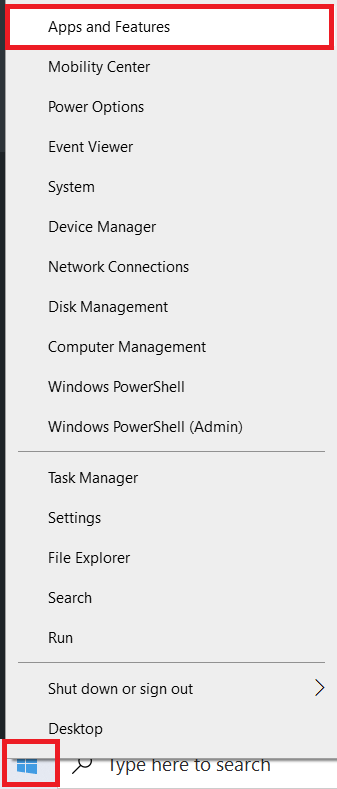
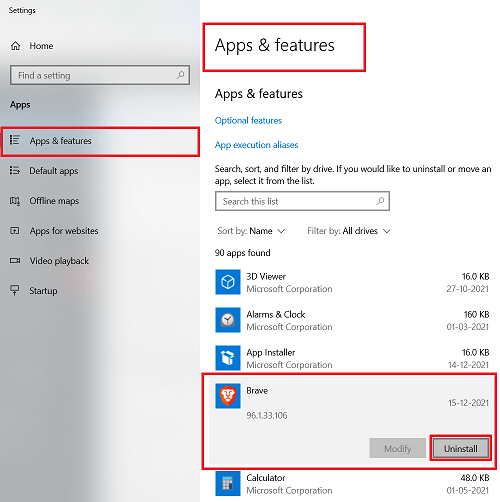
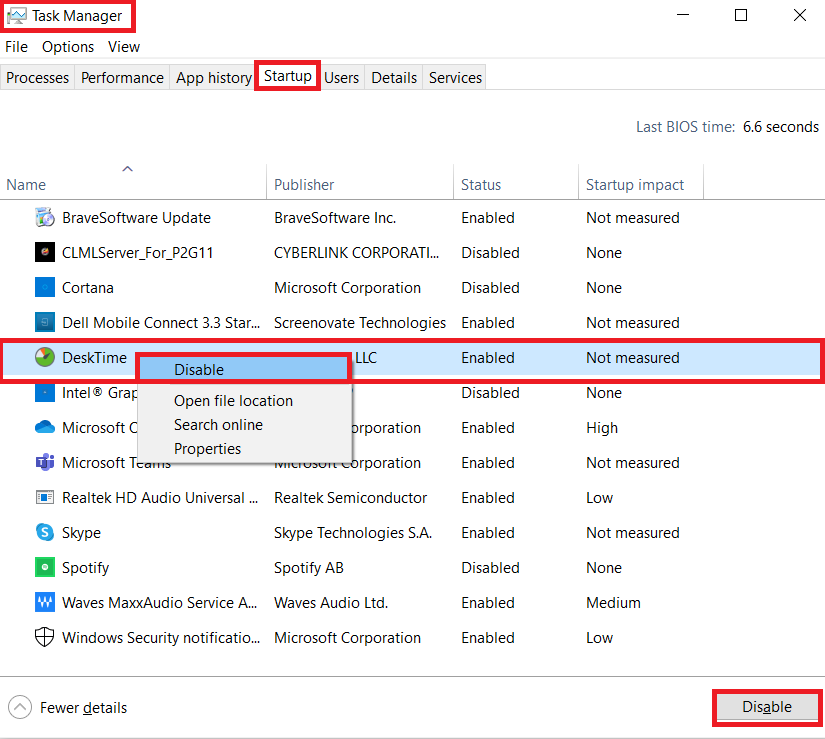
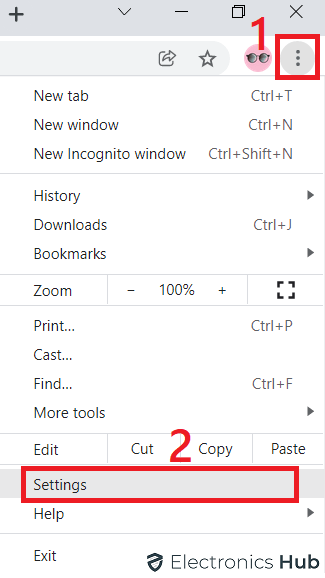
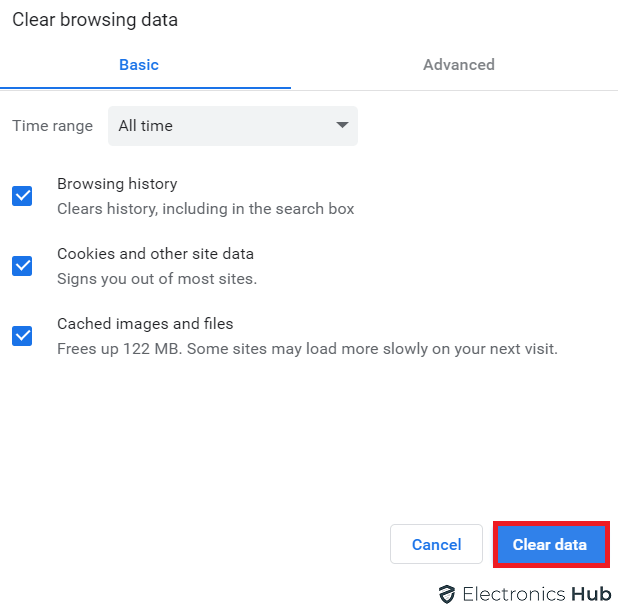


![]()